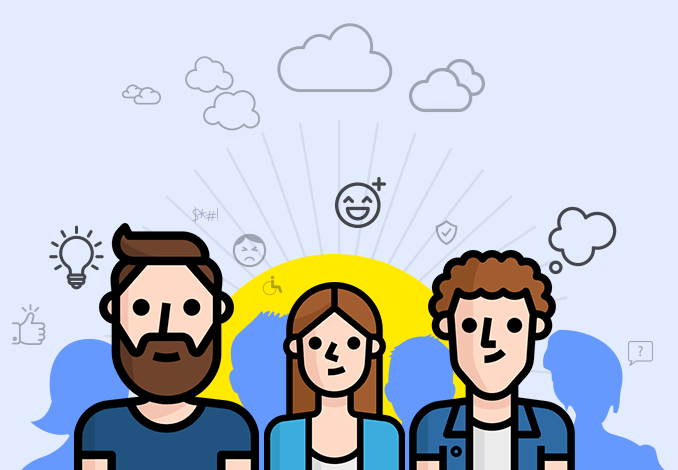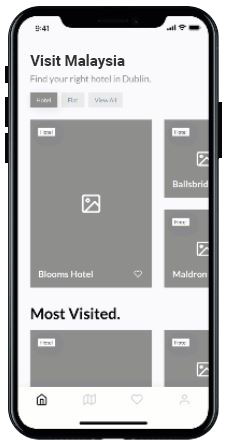
Your next big idea starts here!
+60 17 871 6566
User-Centric Pathways to Exceptional Experiences
We give superpowers to users and business through intuitive design.


User Feedback’s Influence on Business Performance
Discover how catering to user feedback can have a profound impact on your business.
100%
IBM Design’s ROI Calculation
On average, every dollar invested in UX brings 100 dollars in return
219%
McKinsey’s Design Value Index
Companies that prioritize design and user experience outperformed their peers in the S&P 500 index by 219% over a ten-year period
270%
Spiegel Research Center
Product pages with reviews can increase conversions by 270%
400%
Forrester ROI Research
good UI can increase conversion rates by up to 200%, and good UX can double this — up to 400%
Our UX Process:
Fusing User Insights for Elevated Experiences.
To ensure project success, we use the best methods from the market in each project. Here are the steps we take to make sure users have the best experience

1. Define
The first step of a UX design process defines the project’s goal and scope with team members and stakeholders from multiple departments–usually consisting of representatives from:
If I had only one hour to solve a problem, I would spend up to two-third of that hour in attempting to define what the problem is
—Matthew Wakeman, Practical Techniques for Designing Better Products
- Business
Explains business requirements and goals for the project. - Design
Communicate what they need to do prior to design and manage expectations. - Product
Shares context, help plan the timeline and resources needed for design - Technical
Define feasibility and technical constraints of a UX design.
2. Discover
Research the problem to find possible solutions. During the research phase, UX designers conduct several types of research, including:
Design is not only about aesthetics; it’s about understanding users, their needs, and crafting solutions that resonate
— Don Norman

User Research
Explains business requirements and goals for the project.

Market Research
Communicate what they need to do prior to design and manage expectations.

Competitive Research
Shares context, help plan the timeline and resources needed for design

Product research
Define feasibility and technical constraints of a UX design.
3. Design
The initial prototype is crafted using sketches or low-fidelity mocks. After iterations and stakeholder approval, these become the basis for creating visual designs.
People ignore design, that ignores people
— Frank Chimero

Sketches
Sketches are essential in UX design, enabling quick visualization of ideas, fostering collaboration, and identifying issues early for user-centered solutions.

Wireframes
Wireframes or interactive prototypes are key UX tools that bridge ideas to implementation, guiding collaboration, validating concepts, flows.

Visual Designs
Visual designs merge aesthetics and functionality in UX, aiding developers with clear implementation blueprints. They streamline collaboration, development, and design-to-code alignment, fostering efficient project execution.
Design handoff
Delivering prototypes and documentation to the development team for implementation. To ensure a smooth transition, we furnish the following deliverables.
- Visual design
- Consolidated Style-guide
- Interactive prototype
- Have a proper walkthrough session highlighting key components of the interaction
- Development phase consultancy
4. Evaluate
Usability tests can be conducted using wireframes or visual designs at any stage including internal testing with team members or sharing ideas and prototypes with stakeholders for feedback with the following aim.
Testing with users should be a constant, iterative process, as designing is. The goal is to repeatedly refine your designs and solutions based on real-world usage and feedback
— Jakob Nielsen

Validate design and flow
This validates the ideas by involving real users, identifying issues, and refining the user experience for improved satisfaction and effectiveness.

Identify usability issues
Helps identify user experience issues by observing interactions, enabling refinements for a smoother and more satisfying product.

Test for accessibility
Manual or automated test can be conducted to ensure an inclusive and user-friendly product.